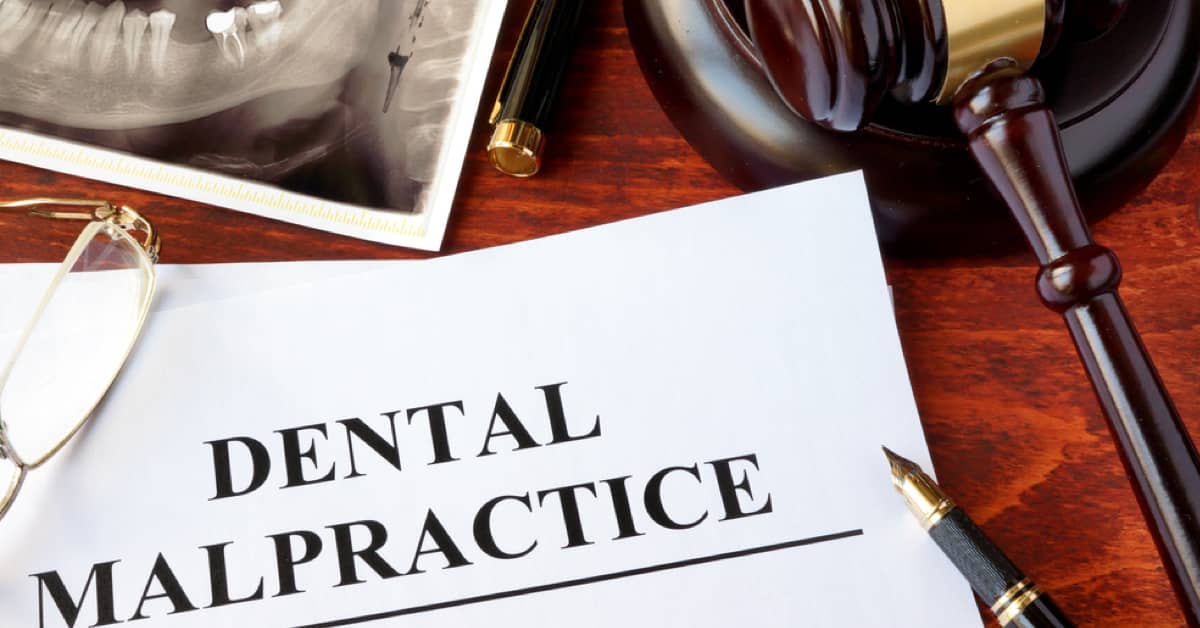Should I Go to the Doctor After a Car Accident?
Many car accident injuries are severe and immediately apparent. In the event of broken bones, a skull fracture, spinal cord damage, or another serious form of bodily harm, the clear response is to visit the hospital right away. Ambulances are frequently called to the scene to ensure car accident victims receive the urgent medical care they need.
However, some car accident injuries take time to manifest. Many people walk away from a crash feeling pain-free only to notice that something is wrong two or three days later. There are several reasons for this slow onset.
A motor vehicle collision is a traumatic event. Your body responds by flooding your system with adrenaline and endorphins. These chemicals give you a boost of energy and prevent you from feeling pain. As a result, you may wrongly assume that you did not sustain any injuries.
Other injuries take time to produce noticeable symptoms. It may take you several hours or more to notice a torn muscle, tendon, or ligament. Meanwhile, whiplash can take days or weeks to manifest. Whiplash is caused by an abrupt forward and back neck motion, which is common in collisions.
It’s always a good idea to visit your doctor after a car accident even if you aren’t in pain. He or she can monitor any signs of potential injuries and let you know what to watch out for in the coming weeks.
While health is your first concern, getting prompt medical care is also crucial if you end up filing a lawsuit. Unfortunately, delaying care is something that the other driver can use against you.
Meanwhile, keeping records that prove you sought immediate medical treatment can increase the value of your claim. Document all medical care needed after your collision, including referrals to specialists and physical therapists, as well as any prescriptions you were given.
Contact Colling Gilbert Wright
If you were injured in a car accident, contact our lawyers today at 407-712-7300 to schedule a free consultation. Colling Gilbert Wright serve clients in all areas of Florida, including Orlando, Tampa, Miami, as well as nationwide.

 (407) 712-7300
(407) 712-7300































